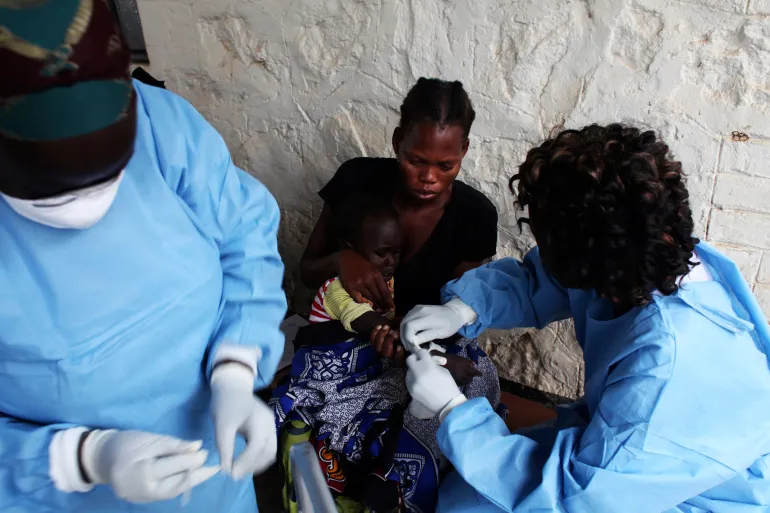The Humanitarian Coordinator for South Sudan, Ms. Anita Kiki Gbeho, has released USD 8 million from the South Sudan Humanitarian Fund to support the multisectoral response to the cholera outbreak.
According to a Wednesday press statement from the United Nations Office for the Coordination of Humanitarian Affairs (OCHA), the funds will be used in six priority locations across the country: Renk, Malakal, Maban, Aweil East, Rubkona and Jamjang.
“People in these high-risk locations face elevated risks due to significant population movement and limited access to critical health and sanitation services,” explained the Humanitarian Coordinator. “This allocation will address their most urgent health and water, sanitation and hygiene needs to mitigate the impact of cholera.”
The USD 8 million allocation by the South Sudan Humanitarian Fund comes at a critical time, prioritizing urgent multisectoral interventions in health, water, sanitation and hygiene, logistics and multisector refugee response in the six hotspot areas to curb the spread of cholera, OCHA stated.
“The multisectoral response will focus on early detection, treatment, infection control measures, and the provision of clean water and improved sanitation for approximately 730,000 people in Renk, Malakal, Maban, Aweil East, Rubkona, and Jamjang, where fragile health systems and population movements exacerbate the impact and spread of cholera,” the statement reads in part. “Since the declaration of cholera in Renk on 28 October, over 5,900 cases of cholera have been reported from seven out of ten states in South Sudan. Rubkona, Unity State accounts for 47 percent of all reported cases, followed by Malakal, Upper Nile State at 20 percent.”
“The vaccination campaign that was rolled out in Renk on 10 December targeting 105,000 people has been completed,” the statement added.
According to OCHA, additional vaccination campaigns are planned for Malakal, Juba, Aweil West, and Canal/Pigi counties to contain the outbreak.
During her visit to Malakal on 17 December, the Humanitarian Coordinator underscored the importance of coordination between the Ministry of Health, the World Health Organization and partners for an effective, multisectoral response to reduce morbidity and mortality associated with cholera and prevent the spillover to other areas.
“We sincerely thank our donors for their generous contributions, which enable us to provide life-saving assistance to those in critical need,” Ghebo said. “We appeal for their continued support to sustain our efforts in saving lives and building the resilience of vulnerable communities.”
The South Sudan Humanitarian Fund (SSHF) is a multi-donor humanitarian financing mechanism under the leadership of the Humanitarian Coordinator in South Sudan and managed by OCHA. The donors to the South Sudan Humanitarian Fund in 2024 are: The Netherlands, Germany, the United Kingdom, Switzerland, Ireland, Sweden, Canada, Norway, Luxembourg, and Jersey.




